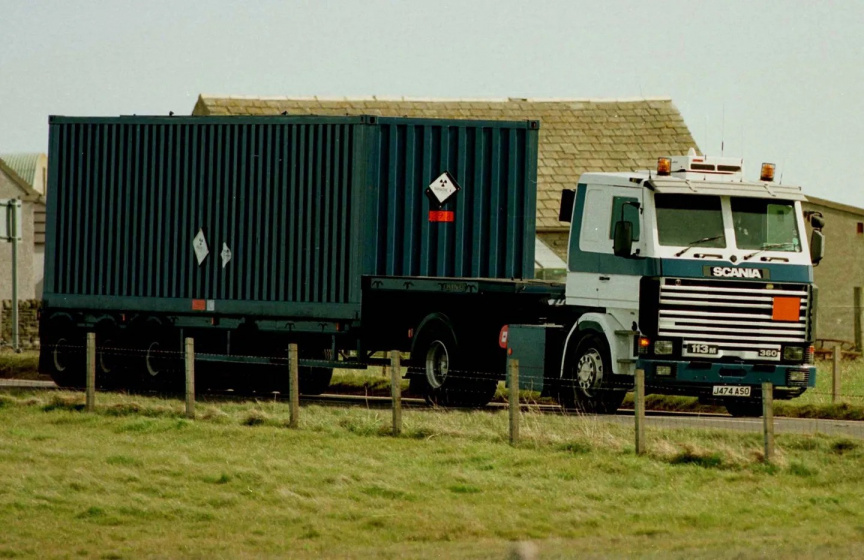
Georgia's State Security Service has said that it had detained two people for handling and attempting to sell $3 million worth of uranium. (Photo/Reuters)
Georgia's State Security Service has said that it had detained two people for handling and attempting to sell $3 million worth of uranium, which could have been used to make a deadly bomb.
Georgia's State Security Service said on Thursday that it had prevented a "transnational crime" involving "the illegal sale and purchase of nuclear material, in particular, the radioactive chemical element uranium."
One Georgian citizen and one foreigner were arrested in the western city of Batumi on the Black Sea, the statement said. The pair, whom the statement did not name, could face up to 10 years in prison.
The State Security Service said that the uranium could have been used to make a deadly bomb with mass fatalities.
The State Security Service declined to give any further details on how enriched the uranium was.
The Service published a video on Thursday showing law enforcement agents using a radiation scanner to inspect a passenger vehicle as well as two small vials, one of which appeared to contain a white, powdery substance.
One of the biggest concerns
Uranium-235 is an isotope that is fissile, meaning it can sustain the nuclear chain reaction used in nuclear reactors and nuclear bombs, while Uranium-238 is not fissile.
The security of nuclear materials was one of the biggest concerns after the 1991 fall of the Soviet Union, of which Georgia was a member. There have been several serious incidents involving the illicit trade in nuclear materials in Georgia over recent decades.
In 2019, Georgia said it had detained two people for handling and trying to sell $2.8 million worth of Uranium-238.
In 2016, authorities arrested twelve people, including Georgians and Armenians, in two separate sting operations within the same month and accused them of attempting to sell in total about $203 million worth of uranium-238 and uranium-235.
In 2014, Georgia caught two Armenians trying to smuggle Caesium-137, a radioactive isotope of the metal caesium, into the country.
Data from the UN nuclear watchdog's Incident and Trafficking Database (ITDB) showed that trafficking of nuclear and radioactive material remains very limited.
___
Source: TRT